The Weekly Aliyot of the Parsha - Vayishlach
With this parsha, Yakov is on his way home to his father Yitzchak's house after 22 years of being away. While he was away, he married four women, had 11 sons and a daughter, and acquired great wealth. Remember that he was away in the first place to escape the hatred of his brother Esav, and now he was heading back to face Esav.
In this first aliyah, Yakov sends messengers ahead to Esav, and they return to say that Esav has 400 men with him, which greatly distresses Yakov. As we'll see, Yakov prepares for meeting with Esav in three ways: prayer, sending gifts of appeasement, and readiness for war.
In the second aliyah Yakov sends lavish gifts to Esav. There are commentaries that say that on the way to Lavan's house 22 years earlier Yakov promised to give 10% of his income to tzeduka, but he delayed doing so, so he winds up having to give it away in this way. Other commentaries say specifically that he did already give 10% to tzeduka, and these gifts were from his remaining 90%. Also in this aliyah, is an all night wrestling match between Yakov and Esav's guardian angel. In this aliyah Yakov's name is changed to Israel.
In the previous aliyah the angel touched Yakov's sciatic nerve and caused Yakov to limp. In this third aliyah the Torah tells us that we don't eat that same area of otherwise kosher animals (like sirloin steak).
Yakov meets Esav, and Esav kisses him and they weep. The Midrash says that Esav actually tried to bite Yakov's neck, but it miraculously turned to marble and Esav's teeth cracked so he cried, and the bite hurt Yakov somewhat also, so he also cried.In the fourth aliyah the meeting of Yakov's family with Esav continues. Three of Yakov's wives, the handmaids and Leah, approach Esav with their children following them. But in Rachel's case, her son Yosef knew his mother to be beautiful, so he went in front of her to avoid the evil Esav from seeing her. Rashi says that this is how Yosef earned the blessing that no evil eye can harm him. After the meeting Esav departs in peace. Yakov plans to someday meet Esav in mount Seir, which will be when Moshiach comes, may it be speedily in our days, Amen.
In the fifth aliyah, Yakov and his family are camped in front of the city of Shechem when Leah's daughter Dina ventures out by herself to look around. She is abducted by Shechem, the prince of the city, and raped. He subsequently wants to marry her, so he and his father approach Yakov to ask that Yakov's family and the people of Shechem become one people. Yakov's sons answer that it will be possible only if all the men of Shechem circumcise themselves. The people of Shechem agree and circumcise themselves.
On the third day following, when the pain of the circumcism is at its worst, Yakov's sons, Shimon and Levi, go into town and kill all the men, and retrieve Dina. The Torah says that despite this provocative act, Yakov's family moved on in peace because CHITAS [dread] of G-d was on the nations. "CHITAS" is an acronym for Chumash, Tehillim, and Tanya, three things that we study on a daily basis that bring us blessing.In the sixth aliyah, Rachel, daughter of Lavan, who was Yakov's wife and the mother of Yoseph, passes away during the birth of a second son, named Binyamin. She is buried in what in now called Bethlehem. Yakov wanted to bury her in the cave of Machpella, but buried her here instead, so that when the Jews would eventually be marched away to Bavel passing by this spot, she could pray on their behalf, which she did.
At the end of the previous aliyah, and continuing with the seventh aliyah, the descendants of Esav are enumerated. It once happened, that at a Torah reading of this portion a mistake was found in the Torah. A Taf in the word "Bat", when naming a daughter of Esav, was misspelled. The Torah was put away and a new one taken out, and the reading was completed. Later, the rabbi (Rabbi Schochet of Los Angeles) spoke and said that even when the mistake in the Torah is in the names of the most evil people mentioned in the Torah, the Torah cannot be used without it, and the whole Torah is considered unkosher. Similarly, the Jewish people, who are often compared to the letters of the Torah, are considered complete only if all its members are accepted and loved, no matter whom they are.
